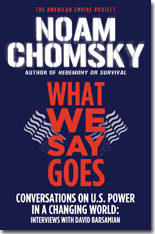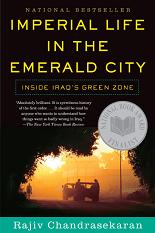Manan Ahmed on the failed state rhetoric as used against Pakistan:
It was that under the rule of the military usurper Field Marshal Muhammad Ayub Khan that Pakistan was adopted as a Cold War ally and held up as a model “developing nation”. During Khan’s tenure, Pakistan was said to enjoy the benefits of a so-called “developmental dictatorship” – many dams were built and much cement was poured.
The US even helped Ayub Khan engineer an election victory in 1965. But shortly thereafter, he foolishly went to war with India; his popularity plummeted, and his flashy foreign minister, Zulfiqar Ali Bhutto, began a national campaign for a democracy based on socialist principles. Bhutto’s rise ran afoul of the “domino theory” intended to check the spread of Communism; it was in this context that Pakistan was first crowned a “failed state” – giving rise to decades worth of books and studies with titles like The Failure of Democracy in Pakistan (1962), The Failure of Parliamentary Politics in Pakistan, 1953-1958 (1967), Pakistan: Failure in National Integration (1968), Ethnic Conflict and the Failure of Political Integration in Pakistan (1973), Pakistan, Failure in Nation Building (1977) and Pakistan On the Brink (2004).
[…]
The monotonous drone of “failure” implies that the fragile democracy currently in place is not worth preserving. It encourages the marginalisation of the civilian government and boosts the claims of both the military and the militants. Pakistan’s salvation has never been and will never be in the military’s hands. The country’s future lies with the millions of Pakistanis who are working to sustain democracy – and what must be defended is their resilience and strength, to prevent the self-fulfilling prophecies of failure.
It’s an old constant in US foreign policy to prefer the familiarity of military dictatorships above the uncertainty of democratically elected governments. They’re easier to deal with and easier to manipulate. It’s never about what’s good for Pakistan, just what suits the US best. Having Obama in the White House doesn’t change this.

